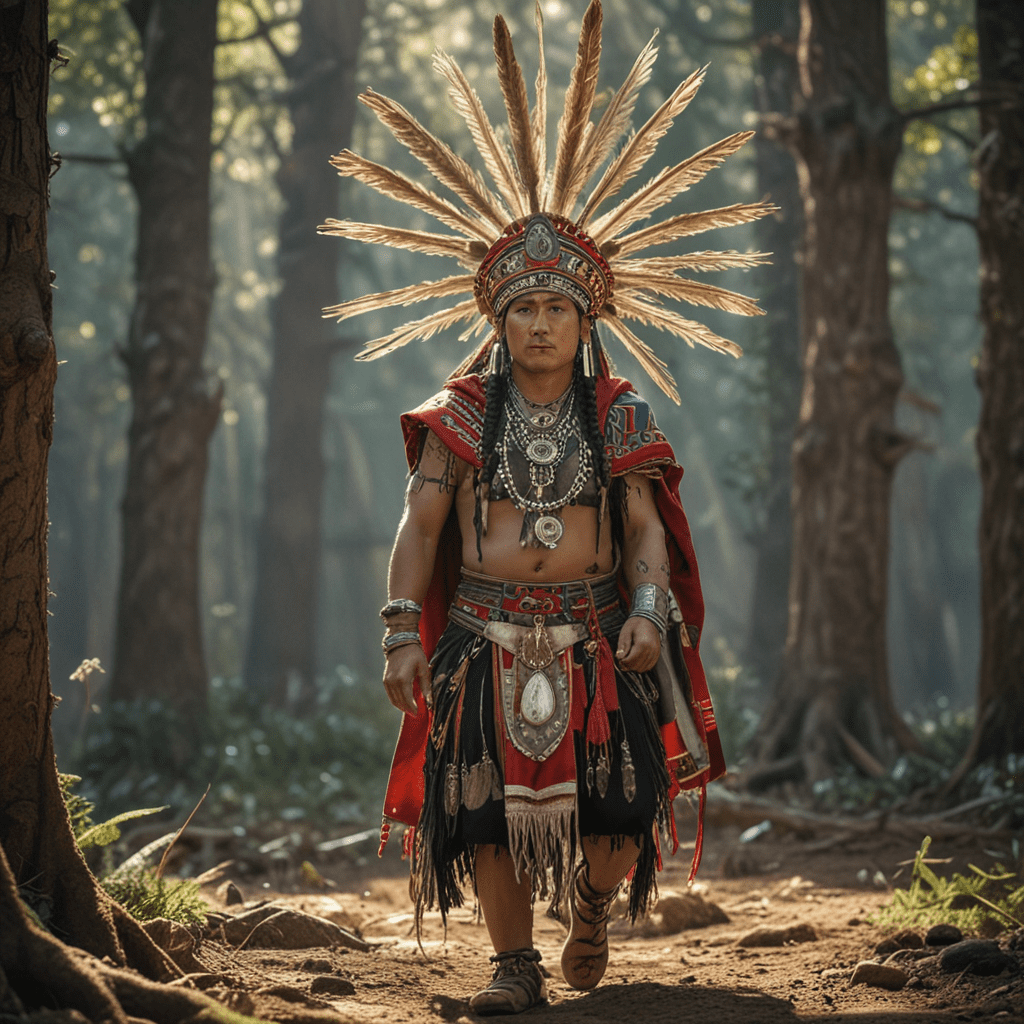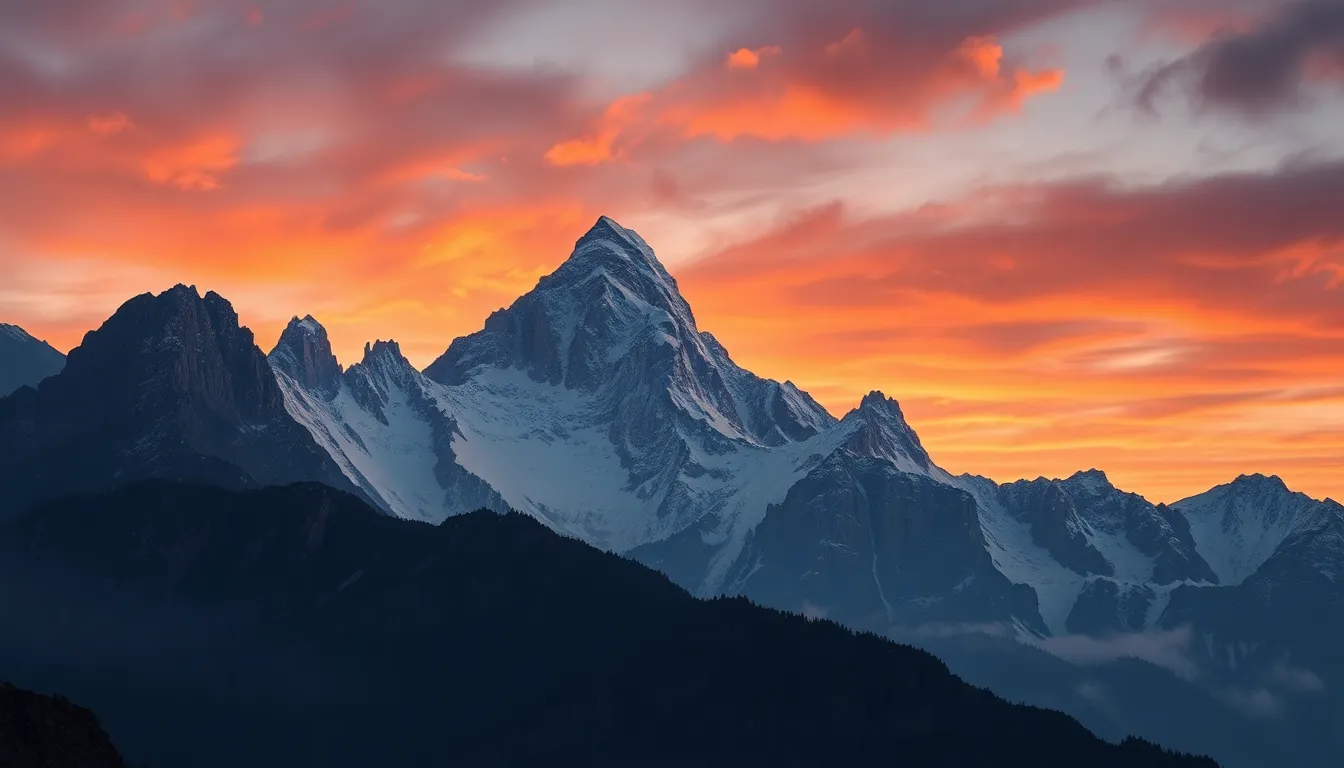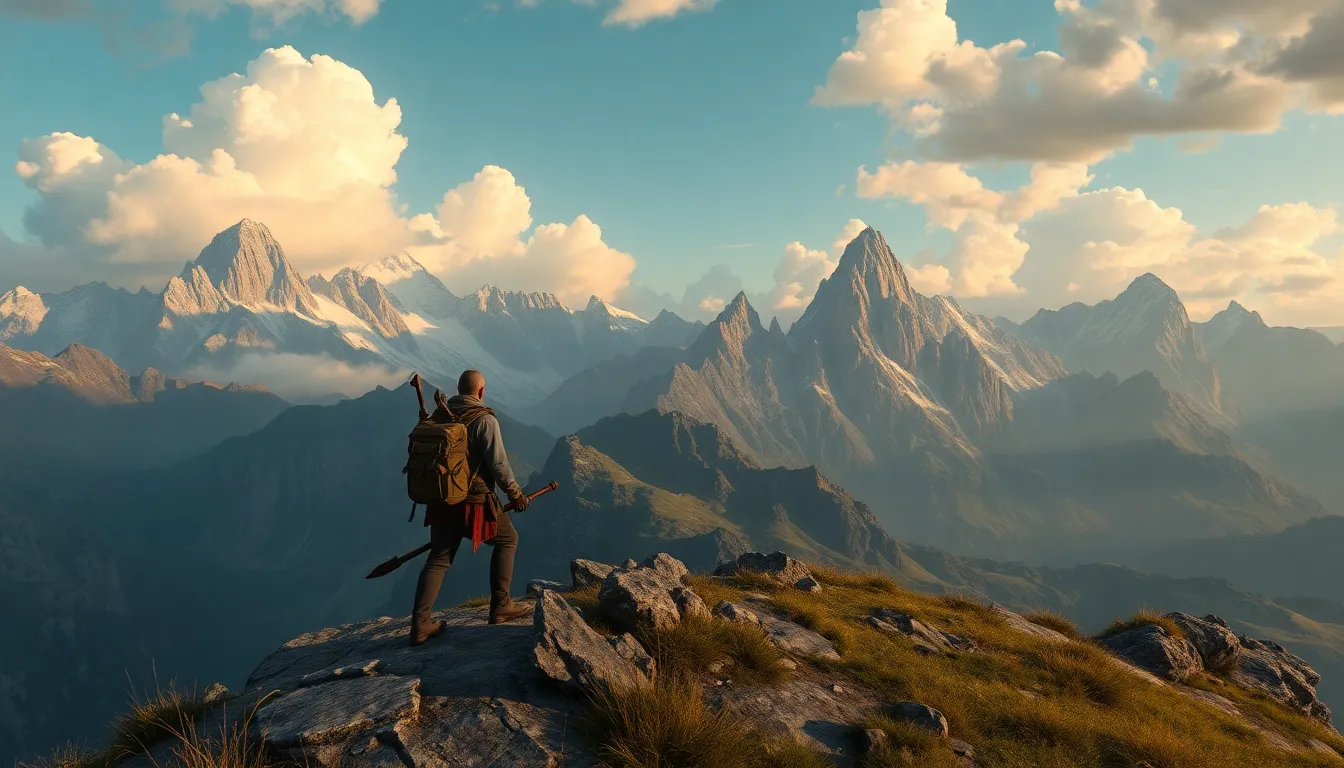The Mythology of the Mapuche People
Introduction
The Mapuche people, an indigenous group inhabiting the southern regions of Chile and Argentina, possess a rich and complex mythology that has shaped their cultural identity for centuries. Mapuche mythology intertwines tales of creation, divine beings, ancestral spirits, and the afterlife, offering a profound glimpse into their spiritual beliefs and worldview. This article explores the rich mythology of the Mapuche people, unraveling the tapestry of their creation myth, pantheon of gods, and the significant role myth plays in their society.
The Mapuche Creation Myth
According to Mapuche mythology, the world was born from a primordial void known as Ngunemapun, where darkness and water intertwined. From this void emerged two supreme deities: Ngunechen, the father-god, and his female counterpart, Nguenemapun. Together, they created the Earth and all living beings through their divine breath, infusing the world with life and harmony. The act of creation symbolized the union of male and female principles, a duality that permeated every aspect of Mapuche existence.
The Mapuche Pantheon of Gods
The Mapuche pantheon comprises a vast array of supernatural beings, each embodying specific aspects of the natural world and human experience. Pillán, the thunder god, wields immense power and commands respect, while Meulen holds sway over the seas, ensuring safe passage for seafaring Mapuche communities. Wangulen, the rainbow serpent, symbolizes fertility and abundance, while Tren Tren Vilu, the earthquake serpent, embodies the forces of the earth and its unpredictable nature. These gods interact with humans, offering guidance, protection, and sometimes punishment for transgressions.
6. Mapuche Beliefs about the Afterlife
Death and the afterlife hold profound significance in Mapuche mythology. According to their beliefs, when a person dies, their spirit embarks on a journey to the spirit world, known as Wenu Mapu. This supernatural realm is divided into two regions: Wenu Kurruf, the dwelling of the righteous, and Wenu Püllü, the abode of the evil. The fate of a departed soul is determined by their deeds in life, with the righteous ascending to Wenu Kurruf and the wicked consigned to Wenu Püllü. In Wenu Mapu, ancestral spirits continue to guide and protect their descendants, while the wicked endure eternal punishment.
7. The Role of Myth in Mapuche Society
Mythology plays a crucial role in Mapuche society, serving as the foundation for their understanding of the world and their place within it. Myths provide spiritual guidance, shape moral values, and explain the origins of the cosmos and its inhabitants. They are an integral part of Mapuche rituals, ceremonies, and oral traditions, passed down from generation to generation to preserve their cultural heritage. By understanding and embracing their mythology, Mapuche people strengthen their connection to their ancestors, the natural world, and their unique identity.
8. Mapuche Myth and Identity
Mapuche mythology is intricately intertwined with their cultural identity. The myths and legends of their ancestors shape their collective memory, creating a sense of shared history and belonging. By preserving and perpetuating their mythological traditions, Mapuche people affirm their cultural distinctiveness and maintain a vital connection to their past. The stories, symbols, and beliefs embedded in Mapuche mythology are a potent force in shaping their cultural consciousness and sense of unity.
9. The Cultural Significance of Mapuche Mythology
Mapuche mythology holds immense cultural significance, not only for the Mapuche people but also for the broader Andean region. It provides a rich source of artistic inspiration, influencing Mapuche art, music, dance, and textiles. The mythology’s themes of creation, the supernatural, and the afterlife have resonated with people across South America, contributing to the cultural fabric of the region. Furthermore, the study of Mapuche mythology offers valuable insights into indigenous perspectives on the universe, human nature, and the delicate balance between humankind and the natural world.
10. Contemporary Influences on Mapuche Mythology
While Mapuche mythology remains a vital part of their cultural identity, it has also undergone subtle changes over time. Contact with Western civilizations, globalization, and modern influences have brought new ideas and beliefs that have blended with traditional Mapuche mythology. This dynamic interplay has enriched the Mapuche mythological landscape, allowing it to remain relevant and meaningful in the contemporary era. Nonetheless, the core values and beliefs enshrined in Mapuche mythology continue to guide the Mapuche people, providing a timeless source of wisdom and inspiration.
FAQ
Q: Who are the Mapuche people?
A: The Mapuche people are an indigenous group inhabiting the southern regions of Chile and Argentina.
Q: What is the Mapuche creation myth?
A: According to Mapuche mythology, the world was born from a primordial void where darkness and water intertwined. Two supreme deities, Ngunechen and Nguenemapun, emerged and created the Earth and all living beings through their divine breath.
Q: What are the main themes of Mapuche mythology?
A: Mapuche mythology revolves around themes of creation, the supernatural, the afterlife, the role of ancestors, and the interconnectedness between humankind and the natural world.
Q: How is Mapuche mythology preserved?
A: Mapuche mythology is passed down through generations through oral traditions, rituals, ceremonies, and artistic expressions such as art, music, and dance.
Q: What is the significance of Mapuche mythology today?
A: Mapuche mythology remains a vital part of their cultural identity, providing spiritual guidance, shaping moral values, and serving as a source of inspiration for artistic expression.



